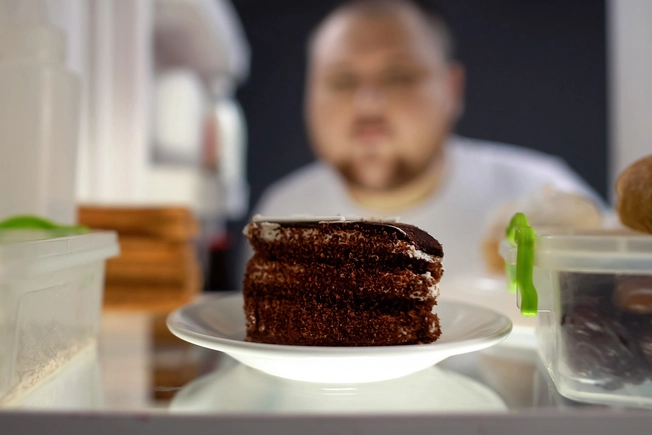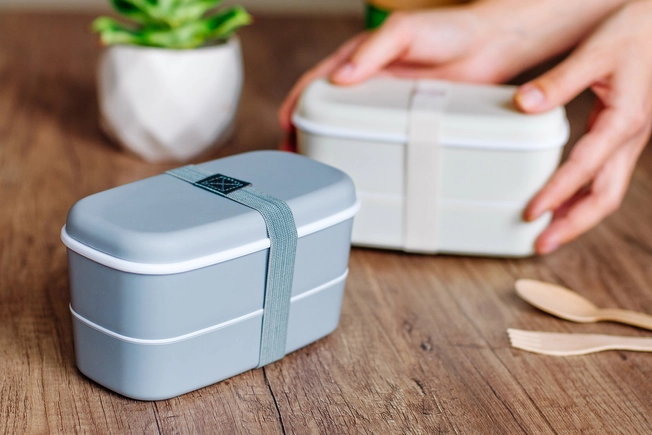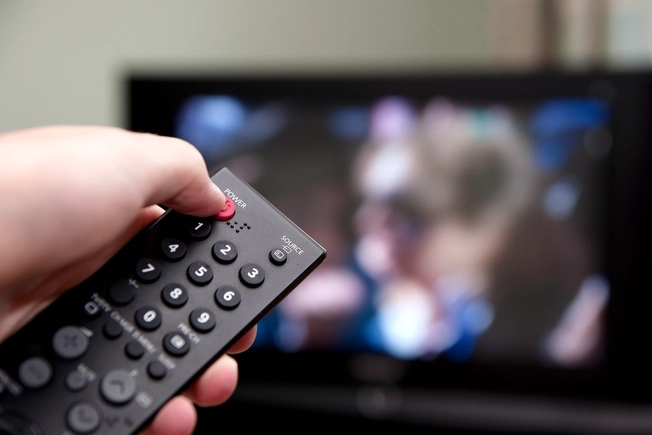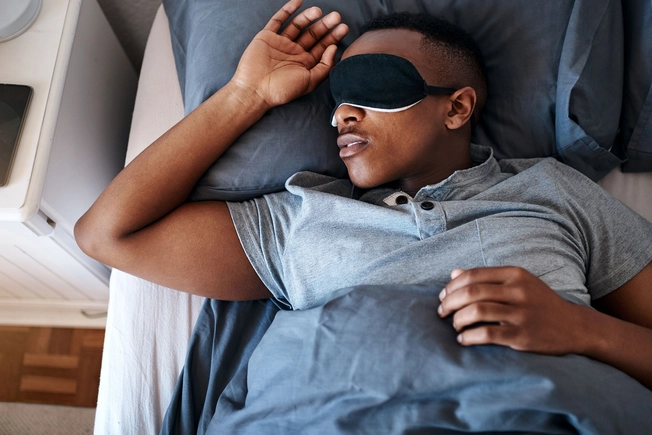Things You Should Do at Night to Lose Weight

Nighttime Is the Right Time
When you’re trying to lose weight, eating healthful foods and working out regularly are important things to do. But there are also small changes you can try at night to help you slim down.

Keep Evenings Busy
Sometimes people overeat at night because they’re bored. If that's you, try to fit in some activities before bed. Walking, journaling, chatting with a friend, or reading a book can help distract you from binge eating. Picking up a new hobby -- like painting, playing music, or knitting -- is another great way to distract yourself from chowing down when you’re bored.

Sleep Well
Believe it or not, getting enough sleep can help you when you’re trying to lose weight. Having a schedule that you stick to and getting the right amount of shut-eye can help a lot.

Work Out (but Not Too Late!)
Physical activity in the early evening can be helpful. Just make sure it’s not too vigorous. High-intensity exercise like interval training could affect the quality of sleep you get. It can also make it harder to fall asleep at bedtime. Don’t work out too late, either. Stop at least an hour before you go to sleep.

Don’t Eat Before Bed
If you have dinner or snack too close to bedtime, it might hinder your weight loss efforts. Although the actual time doesn’t really matter, many people who eat late at night choose high-calorie foods, which brings weight gain. Late meals and snacks can also make it harder for you to fall asleep. Aim to stay out of the kitchen from a couple of hours before bedtime until you wake up the next morning.

Pack Your Lunch for the Next Day
Instead of going out for your midday meal, save some money and pack your lunch the night before. Eating out usually means more fat and sodium. But when you pack your own food, you’ll have healthier options. Go for proteins like almonds or turkey slices, whole grains, low-fat dairy, and plenty of fruits and vegetables.

Stick to a Schedule
If you notice you’re overeating at night, it could be because you haven’t eaten enough during the day. The best way to combat that is to make sure that you eat your meals regularly. That way, your body will know when to anticipate food. Eating a snack between lunch and dinner is totally fine, too -- just try not to overdo it.

Turn Off the TV
Although you might like to watch television during dinner, screen time while you eat could cause you to accidentally overindulge. It can distract you from how much and what you’re eating.

Brush and Floss Right After Dinner
To encourage yourself to avoid nighttime eating, make it a habit to brush and floss your teeth after dinner. If your teeth are already clean, you’ll probably think twice before grabbing a snack close to bedtime. Remember to wait at least 60 minutes before brushing—especially if you have had something acidic like lemons, grapefruit or soda.

Ease Stress
Stress can lead to weight gain. Try to take time to relax at night. Deep breathing techniques and mindfulness meditation are great ways to chill out. Lowering your stress levels can also do wonders for the quality and amount of sleep you get.

Turn the Lights Out
Sleeping in a dark room is another habit to add to your list. It helps you get better sleep. If you’re trying to lose weight and get better ZZZs, Cover the windows to block out light. (Try blackout curtains if your blinds don’t block light well.) and put your phone and laptop away at least 30 minutes before bedtime. An eye mask can help, too.
